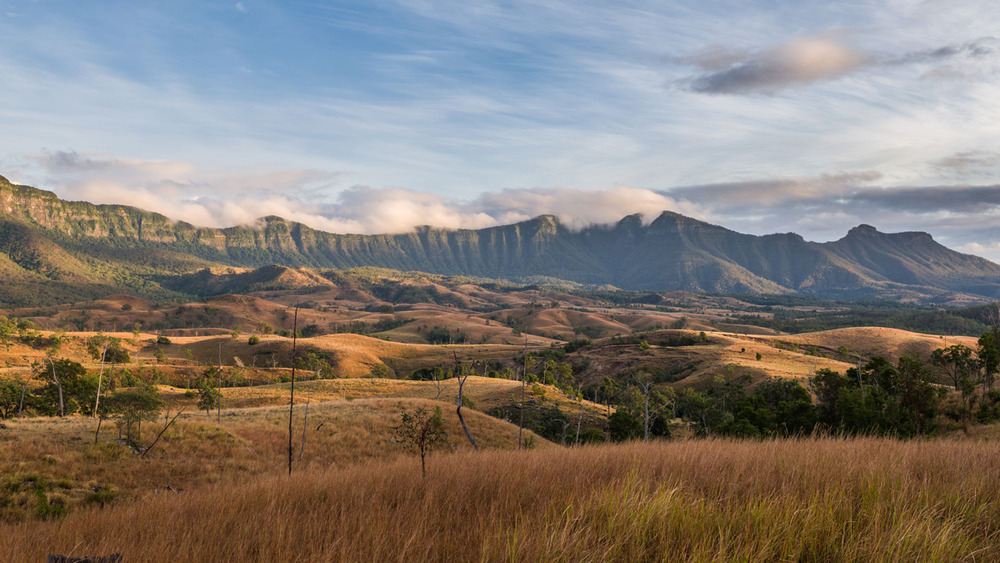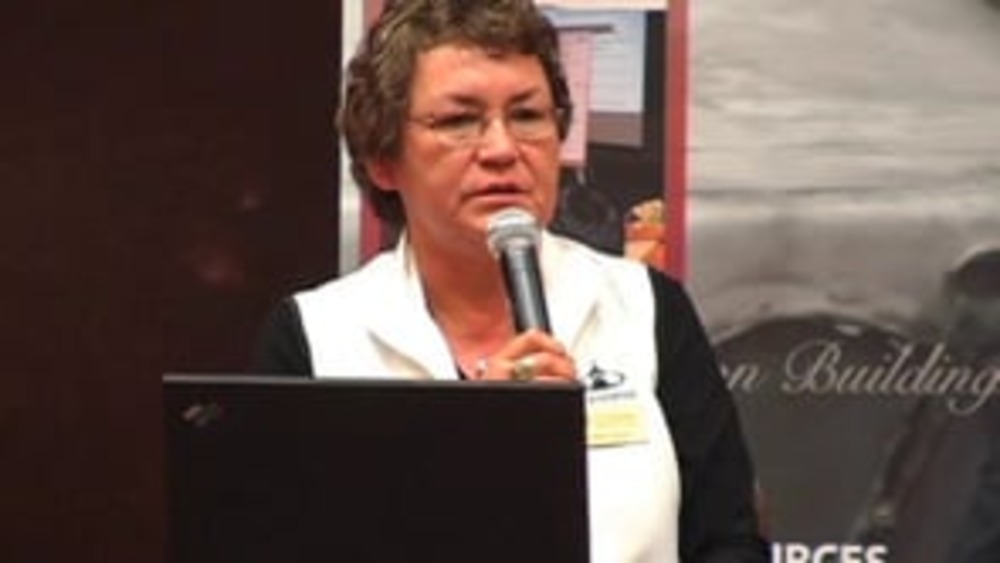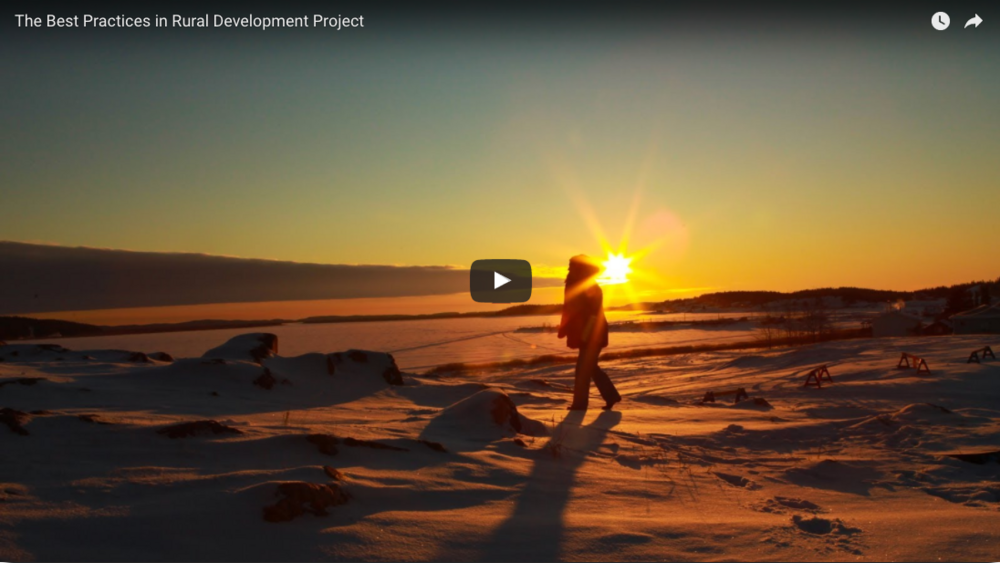Indigenous Governance Database
storytelling

‘For the good of the Gugu Badhun people’: Indigenous Nation building, economic development and sharing as sovereignty
As part of an ongoing process of Indigenous Nation Building, Gugu Badhun Nation is engaged in developing an economy according to Gugu Badhun values. Rather than simply mimicking capitalism, the practice of visioning this economy begins with considering core cultural principles for the Nation.…

Patricia Ninham-Hoeft, Anthony Pico and Sophie Pierre: What I Wish I Knew Before I Took Office (Q&A)
Patricia Ninham-Hoeft, Sophie Pierre, and Anthony Pico address questions about how to create and maintain a foundation for effective, sustainable leadership within Native nations.

The Best Practices in Rural Alberta Project
The Best Practices in Rural Alberta Project culminated in September 2012, after two and a half years of community engagement; research into the examination of leadership strengths and practices; incredible youth development; and video capture in preparation for a documentary film. This documentary…
